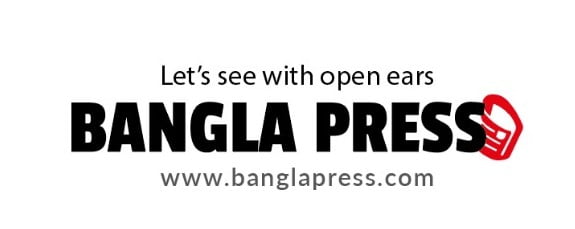
New York Correspondent: Boeing expects the economic cost of its two fatal plane crashes to be as high as US$19 billion, and has confirmed its first annual loss in 20 years. As well as losing US$636m in 2019, the company also said goodbye to its president and CEO, Denis Muilenburg, at the end of the year.
But investors and regulators may well be concerned about the arrival of his successor, company insider Dave Calhoun. For if there is one lesson that we can take from the 737 Max scandal, it is that as a company, Boeing clearly believed itself to be more competent than it actually was.
Boeing’s responses to the various disclosures of safety shortcomings have been widely seen as arrogant, dismissive and, eventually, begrudging. Appointing someone who has been on the company board for the last ten years as a replacement CEO is hardly a recipe for fresh thinking, or anything resembling an independent appraisal of what needs to change.
Indeed it was only last week that Calhoun seemed to express total confidence in Boeing employees when it comes to safety – a remarkable position given recent events.
But it is easy to become institutionally arrogant like this if you are one of only a handful of large players in an industry. The long-haul aircraft market only has two suppliers, Boeing and Airbus.
Commercial airline companies find themselves locked into purchasing schedules with one manufacturer, not least to ease the integration of new aircraft and the necessary training that comes with it.
This environment breeds complacency. When customers are so locked in that changing supplier would require a massive amount of work, company managers become lazy, unresponsive, and – most damaging – deaf to concerns about product quality.
In the case of Boeing, the fact that the product concerns related to safety showed just how far the company’s internal standards had lapsed.
Boeing needs to balance the need for continuity with the need to be seen to be responding seriously to the largest crisis in the company’s history. That job falls directly to the new CEO, who should do three things if he is to succeed in rebuilding the reputation of the organisation.
Three steps to change
As an insider, Calhoun could be motivated to try to brush past failings under the carpet. Instead, to begin with, he needs to conduct a complete review and overhaul of Boeing’s operations.
After all, this is an organisation that systematically ignored safety concerns, withheld critical documentation from regulators, and whose immediate internal response to two catastrophic crashes was to blame others.
Calhoun’s first priority must be to examine every aspect of how Boeing operates – and to be seen to be doing so. If it is to be credible, such a review should have a wide mandate and be overseen by an independent party reporting into the non-executive directors. Ideally, its findings should be made available to regulators, shareholders and the general public.
Second, he needs to restore internal pride. One of Boeing’s greatest assets is its technical engineers, designers and production staff. Despite the failings of the 737 Max, this is a company with a proud history of manufacturing excellence.
But this is a marketplace where the best talent can move quickly, and in Boeing’s case it seems clear that they are now extremely vulnerable to losing talent. Rebuilding pride takes time, but it starts with the basics: showing respect for the work that is being done by the workforce under what must be very intense conditions; communicating clearly that this is a pivot point when it comes to the standards that the company will in future hold itself to; and leading from the front by example.
Managers who talk of change while acting the same way that they have always done fatally undermine other actions designed to improve morale.
Lastly, he needs to restore confidence, principally with regulators and customers but also, beyond that, with shareholders and other external stakeholders including the local communities where Boeing operates.
Confidence builds trust, which facilitates all aspects of business. When trust is low, there are more demands on a business, which often leads to greater inefficiency and cost.
Regulators will want to see a commitment to a more proactive oversight regime, one that builds partnership rather than just compliance. Investors will need to believe that Calhoun is sufficiently independent to get to the bottom of why Boeing allowed itself to get into this position on one of its flagship products, and also how it is changing its culture to react differently to challenges – internally or externally.
It is possible for insiders to achieve success after a crisis. Oil giant BP’s outgoing CEO Bob Dudley is a good example of an insider who balanced the importance of being able to act quickly after a crisis, leveraging internal knowledge and networks while also signalling a clear recognition of the need to learn from mistakes and to be humble.
But success stories like this are rare. Boeing’s board needs to step up its oversight of its insider appointee to ensure that it joins the ranks of those companies who have emerged stronger after a crisis, not weaker.
BP/CS



